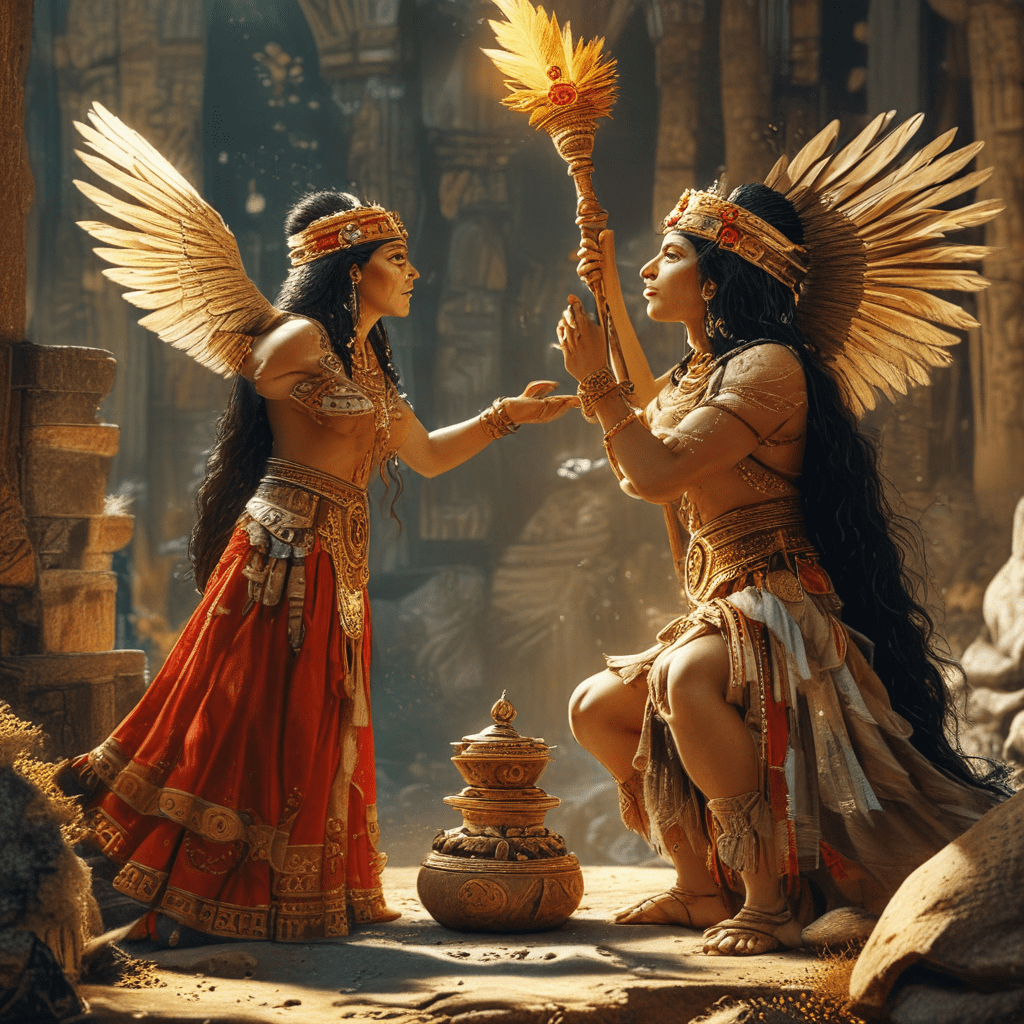The Prophetic Powers of Astrology: Can They Really Predict Our Fate?
1. Introduction to Astrology: An Overview
Astrology is an ancient practice that studies the positions and movements of celestial bodies, such as planets and stars, to gain insight into human affairs and terrestrial events. It has been practiced in various forms across cultures for thousands of years, with its roots tracing back to ancient civilizations like the Babylonians, Egyptians, and Greeks. Each culture developed its own astrological system, leading to the diverse practices we see today.
There are three major astrological systems commonly referenced:
- Western Astrology: Based on the twelve zodiac signs and the positions of celestial bodies at the time of an individual’s birth.
- Vedic Astrology: Originating from India, this system incorporates the lunar calendar and emphasizes the influence of the moon and its cycles.
- Chinese Astrology: This system uses a twelve-year cycle, with each year represented by an animal sign, and places significant emphasis on the elements and yin-yang philosophy.
2. The Basics of Astrological Predictions
Astrologers interpret celestial bodies through a comprehensive framework that includes various components. These predictions often rely on:
- Birth Charts: A map of the sky at the exact moment of an individual’s birth, showing the positions of planets in relation to the zodiac signs.
- Zodiac Signs: The twelve divisions of the celestial sphere that correspond to specific personality traits and tendencies.
- Houses: Twelve segments of the birth chart that represent different areas of life, such as relationships, career, and personal growth.
- Aspects: The angles formed between planets that can indicate how their energies interact and influence an individual’s life.
3. The Role of the Zodiac Signs in Predicting Fate
The twelve zodiac signs play a crucial role in astrology, each associated with distinct characteristics and attributes. Here’s a brief overview of the signs:
- Aries: Bold, energetic, and competitive.
- Taurus: Reliable, patient, and practical.
- Gemini: Adaptable, communicative, and curious.
- Cancer: Nurturing, intuitive, and emotional.
- Leo: Charismatic, confident, and creative.
- Virgo: Analytical, detail-oriented, and organized.
- Libra: Diplomatic, charming, and balanced.
- Scorpio: Passionate, intense, and secretive.
- Sagittarius: Adventurous, optimistic, and philosophical.
- Capricorn: Disciplined, ambitious, and responsible.
- Aquarius: Innovative, independent, and humanitarian.
- Pisces: Compassionate, artistic, and dreamy.
Each sign influences an individual’s personality traits and potential life events, shaping their experiences and interactions with the world around them.
4. Astrological Tools and Techniques
Astrologers utilize various tools and techniques to make predictions, including:
- Natal Charts: Detailed maps that illustrate the planetary positions at the time of birth.
- Transits: Current planetary movements and how they interact with natal positions.
- Progressions: A method of advancing the natal chart to gain insights into future developments.
Planetary movements, such as retrogrades, are particularly significant in astrology. A retrograde occurs when a planet appears to move backward in the sky, often associated with challenges or a need for reflection in areas governed by that planet.
5. Skepticism and Criticism of Astrological Predictions
Despite its popularity, astrology faces significant skepticism and criticism. Common arguments against astrology include:
- Lack of scientific validation: Critics argue that astrology lacks empirical evidence and does not adhere to scientific principles.
- The placebo effect: Some suggest that any perceived benefits from astrology stem from self-fulfilling prophecies or personal beliefs rather than actual predictions.
- Generalizations: Critics claim that astrological descriptions are too vague and can apply to anyone, making them less credible as predictive tools.
6. Psychological Aspects of Believing in Astrology
From a psychological perspective, belief in astrology can provide comfort and guidance. The placebo effect can play a significant role in how individuals perceive astrological predictions. When people believe that astrology provides valuable insights, they may experience positive changes in their lives simply by adopting a more optimistic mindset.
Astrology can also serve as a coping mechanism during uncertain times, offering a sense of control and understanding in an unpredictable world. Many individuals turn to astrology for advice and reassurance, finding solace in the idea that their lives are part of a larger cosmic plan.
7. Case Studies: Astrological Predictions in Action
Throughout history, many notable figures have embraced astrology, often attributing significant events to astrological forecasts. Some examples include:
- Ronald Reagan: The former U.S. president consulted astrologers after the assassination attempt on his life, believing it helped him navigate crises.
- Queen Elizabeth I: The monarch relied on astrologers to guide her decisions, particularly regarding matters of state and military campaigns.
- John F. Kennedy: Kennedy allegedly consulted with astrologers during his presidency, especially during the Cuban Missile Crisis.
8. Modern Astrology: Trends and Innovations
In recent years, astrology has experienced a resurgence in popularity, particularly among younger generations. The rise of online astrology platforms and apps has made astrological insights more accessible. Social media has played a crucial role in this trend, with platforms like Instagram and TikTok showcasing daily horoscopes, memes, and astrological content that resonates with a broad audience.
As a result, astrology has become a cultural phenomenon, blending ancient wisdom with modern technology.
9. Astrology vs. Free Will: Finding a Balance
The debate surrounding astrology often touches on the concept of free will versus destiny. While astrology suggests that celestial influences shape our personalities and life paths, proponents argue that individuals still possess the power to make choices and direct their own lives. Astrology can empower individuals by providing insights into their strengths and weaknesses, enabling them to make informed decisions.
Finding a balance between accepting astrological influences and exercising free will is essential for personal growth and self-discovery.
10. Conclusion: The Future of Astrology as a Predictive Tool
The ongoing debate about astrology’s validity continues to spark interest and discussion. While skeptics question its predictive power, many individuals find value in astrological insights, using them as tools for reflection and guidance.
As society evolves, astrology’s role may shift, adapting to the changing landscape of personal and collective beliefs. Whether viewed as a legitimate predictive tool or a comforting narrative, astrology remains a fascinating aspect of human culture and psychology, inviting exploration and contemplation.



